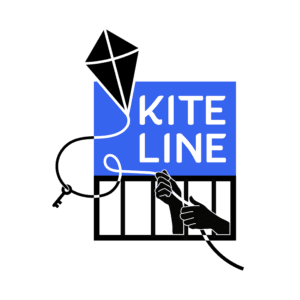This week marks the 49th anniversary of the Attica Uprising, when 1300 prisoners in New York state overcame physical, social, and political barriers to accomplish their revolt. We spoke with Orisanmi Burton, a professor at American University, who has interviewed many participants in the uprising and is currently preparing a book on the event.
Professor Burton insists on prioritizing the voices and self-activity of the prisoners who were involved, leading him to take seriously their strategies and demands, rather than accepting either the state narrative which celebrates the massacre carried out by police to end the revolt, or the liberal narrative which treats the prisoners as victims.
While the massacre – in which 29 prisoners and 10 hostages were killed by police – is an important lesson in the ruthlessness of state repression, we can’t let it overshadow the context of prison and anti-colonial struggles in which Attica occurred, or the courage and intelligence of the prisoners who made the revolt and who continue to serve as a reference point for rebels across America’s prison system.
